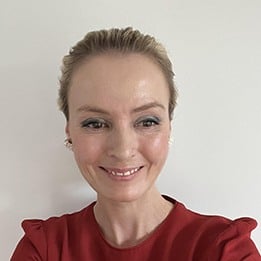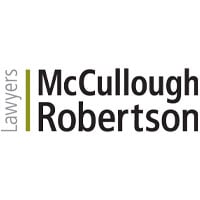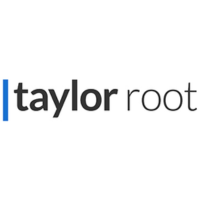

Executive general counsel | Olivia Newton-John Cancer Research Institute




Marnie Manning
Executive general counsel | Olivia Newton-John Cancer Research Institute
What has been the number one challenge that has impacted you over the past year?
A primary challenge has been maintaining a strong sense of organisational and values identity and belonging during a period of significant organisational change. Also, ensuring that our people are feeling well, engaged and inspired following a sustained period of sector-wide resource shortages; pandemic fatigue; as flexible and remote working modes become further embedded into our operating environment; and as our need to press ahead with key transformation initiatives continues has been a priority. Further key priorities have been elevating data protection and cybersecurity threat response plans, and ensuring that they are robust, continually improved and are well rehearsed, and embedding new ESG initiatives as both, a corporate governance concern and as an established operational practice.
Looking forward, what technological advancements do you feel will impact the role of in-house legal teams in the future the most?
Our organisation’s normal environment is technology driven, so we have been fortunate to have a clear and established innovation and continuous improvement mindset as part of our culture and operational model. Our legal function is continuously curious about new technological advancements that will help improve the velocity and quality of our service delivery, or otherwise enhance our ability to manage legal risk, collaborate or work more effectively with others or add value in other ways. In terms of impact of technological advancements on the role of in-house functions generally, the use of AI chatbots clearly has the attention of legal in-house functions, with a focus on a practical understanding of how these tools can be embraced effectively, reliably and responsibly to optimise impact. Any allied technologies or enhancements which can help provide robustness or other assurance to their use in a legal context will also be of great interest. Technology directed at enhancing the effectiveness of responses to suspected or actual cybersecurity or data breaches, and other critical incident management response tools are also of great potential significance. Advancements which help streamline the use of an expanding suite of tools, as organisations continue to uptake different applications for different purposes could also have valuable impact.
What would you say are the unique qualities required to be successful as an in-house lawyer in your industry?
Adaptability, a high proficiency in rapidly acquiring new knowledge, a solutions-focused and empathic/user experience-focused mindset in service delivery, and a genuine interest in your organisation’s activities and goals are critical attributes for success, as is personal values alignment with your organisation and its culture. Curiosity and a strong appetite for continuous knowledge and skills development, a willingness to ask questions and try new things, and a preparedness to have your views changed help develop sound judgement and decision-making ability, which is also a key attribute for success. An ability to see the humanity in your working relationships and prioritise kindness in all of your interactions are also important ingredients for success, career satisfaction and credibility.
Group general counsel | Smile Solutions Group
Have any new laws, regulations or judicial decisions impacted your company’s business or your legal practice? Yes. These include new laws regarding use of intravenous sedation and general anaesthesia, new...